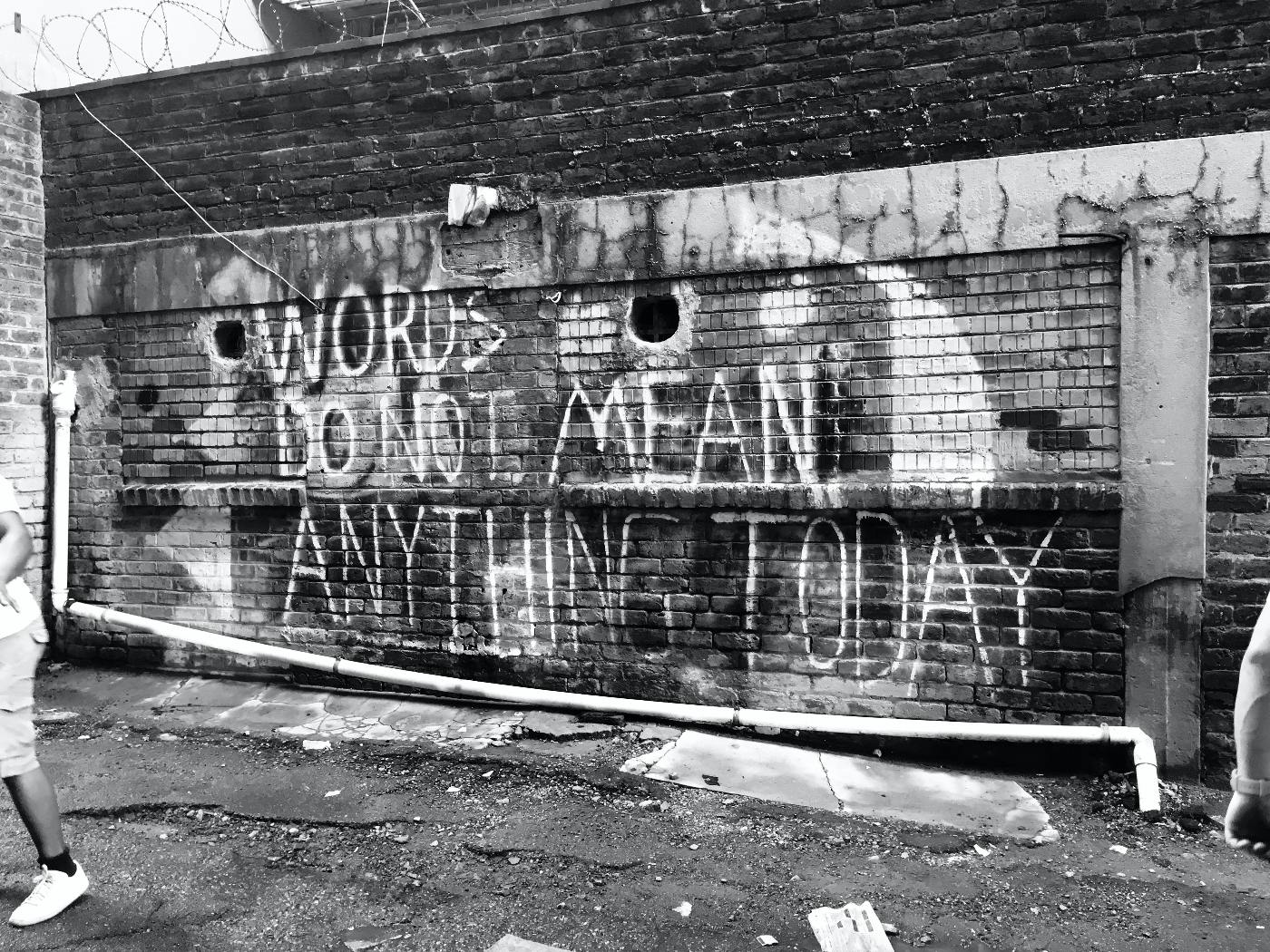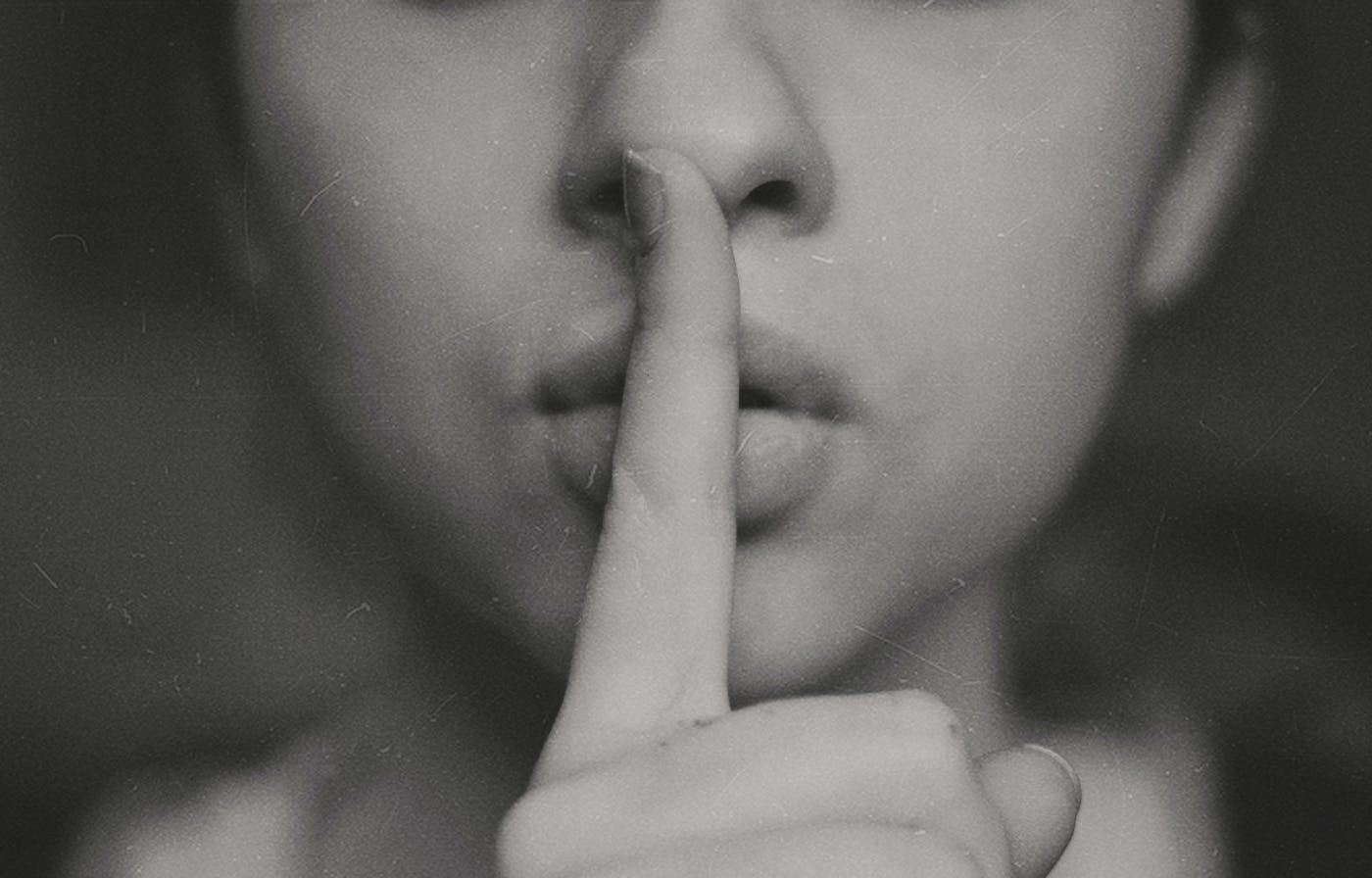
As the fear of Covid-19 started to subside, we have witnessed a new side effect of this pandemic, mass resignation, or the great quit. But why have people decided to leave their jobs in such numbers, and what does this migration from work mean to creatives and the future?
Pandemic, what hath thou wrought?
The pandemic, which is still going strong here in the US and the rest of the world, and the threat of a severe monkeypox problem and, did someone say polio, has got people thinking about life choices.
When the pandemic first reared its ugly masked head, we saw a mass exodus from cities, people making their pantries into home offices, and those who had been saying they needed more family time getting all they could handle.
As the fear of Covid-19 started to subside, we have witnessed a new side effect of this pandemic, mass resignation, or the great quit. But why have people decided to leave their jobs in such numbers, and what does this migration from work mean to creatives and the future?
Mass Resignation
During the pandemic, people were laid off in large numbers, but we also saw a significant number of people voluntarily leaving jobs, quitting, or resigning as well. The fast food, hotel, and restaurant industries were hit the hardest. These jobs that required in-person interactions seemed dangerous to most people, as we saw images of bodies wrapped in sheets being loaded into semi trailers because there was no room left in morgues. In-person workers began to question whether it was wise to risk serious sickness or even death for low-paying jobs.
There was more time to think for those who remained in their jobs and transitioned to remote work. Again, with images of death and dreadful sickness around us, it's only natural that we'd examine our lives and ask some serious questions. Am I doing what I really want to be doing? Is what I'm doing meaningful? Is what I'm doing allowing me the fullest and best life possible? After all, it's abundantly apparent we are fragile creatures, and there is not much time on this planet.
These questions led many to answers they weren't expecting, which were mostly, no, I'm not doing what I love, I'm not living my best life, and I want to, and I want to start now.
Those folks who said I need something better started quitting jobs in large numbers. Working remotely gave them more time with family, more time to realize they had been unhappy for a while, and the pandemic was merely the catalyst they needed to take that final step out the door.
Seeking better wages, more flexible hours, and more personal time, the mass resignation was on. But what about those who state in their jobs through the pandemic? The ones who transitioned from offices to home and are now heading back to the office, how are they reacting to the change in the work scene? Well, some of them are "quit quitting."
What is Quiet Quitting

The question of whether the job is right, if the conditions are good, the pay is acceptable, and the schedule is conducive to a life outside work is asked. Some have asked, answered, and quit, while others just kept their heads down and hung onto their jobs, fearing the pandemic would cause them to be let go.
Those folks, the second group, have returned to the office or have had time to examine their jobs from a remote setting and are just now starting to pay attention to the questions, and the answers are not making them excited about staying in their current jobs.
This second group is asking themselves, where do you see yourself in five years with this company, and many have admitted that they don't have an answer.
This lack of answers often leads to more questions, and that can lead to quiet quitting. But, what is it?
Quiet quitting, also known as coasting, is when you do the bare minimum at your job, and that's it. You do enough to stay employed and fulfill the basics of the job description, but you do not go above and beyond. Most importantly for quiet quitters is they are no longer buying into the hustle culture of work. This culture dictates that work is your life, and you should get all your satisfaction, direction, and fulfillment from work. Quiet quitters are saying no to that and making changes in their lives.
Quiet quitters are asking the question, why?
Workers are reaching a burnout level due to the stress of pandemic lay-offs, being forced out of the office and into remote work, and now being forced back into the office. This is causing stress, but mainly it is causing workers to question why.
If a person gets a 2% or 3% raise, but inflation is at 9% or 10%, they ask, why did I work so hard for basically nothing? Wage growth stagnation is to blame for this situation.
So, workers stay at their jobs and quietly quit while they consider what they really want in life. What is important, and how to get that? All the while doing the bare minimum at the job. Quiet quitting is the first step towards actually quitting the current position and moving to a job that is more fulfilling personally and professionally.
Is Quiet Quitting Bad
It is important to distinguish here, quiet quitters are still doing their jobs, and if they have always been good employees, they are still working at a level that will not cause problems in the workplace. They are not like those who have completely checked out and are waiting to be fired.
Some see quiet quitting as a positive step in finding a genuine work-life balance. Because quiet quitting means you're still working, you're just not picking up extra projects, volunteering for more work, things one would do to be seen, and maybe move up in the company. But those thoughts are connected to the hustle-or-die mindset that has caused a lot of mass resignations.
When quiet quitting, you shut the computer off at 5 and leave the office. You go and do other things are you don't worry about who is doing what to get ahead. This kind of boundary setting is actually a healthy way to run an office.
Quiet quitters are conscientious workers and do not want to burden their co-workers with extra work. However, because they are no longer willing to work 60 to 70-hour weeks without compensation, they are more inclined to ask for help on projects. Where once it was seen as weak to ask for help, quiet quitters are asking for help so that work gets done in a timely, reasonable manner. This relieves a great deal of stress and heavy burdens in the office.
Do Not Quiet Quit Forever

You may think quiet quitting, because of the boundaries it sets and the work-life balance it promotes, is a great way to work all the time, but it's not.
Although there are several appealing aspects to quiet quitting, eventually, it can become a habit and lead to complete coasting or even checking out.
The fact is, eventually, the boss is going to ask people to step up or step out. If you're still quiet quitting when that time comes, then you're no longer in control, you're no longer balancing your life and work, and you're just a drain on the job.
It's wise to have an actual end date in mind while you're quiet quitting. A specific date when you will pull the trigger, give your two weeks and start toward wrapping up your work. Being in a constant mental state of quiet quitting can become stressful as well. Having an end date, a hard out is recommended.
Does Quiet Quitting Work for Creatives
The most straightforward answer is no. No, it doesn't.
As a creative, the moment you choose to do the bare minimum and coast through your day is the moment you stop challenging yourself and getting better.
Unlike most jobs in an office, a creative needs to push themselves and keep challenging themselves to move outside of restrictive boundaries. If a creative decides to quiet quit, they have made the choice to no longer push for more, strive to be better, and break boundaries of past work. When a creative quiet quits, they become stagnant and ultimately unproductive.
Creativity is not about doing the minimum amount of work. Creativity, more than any other job, is about pushing further and redefining every day. A creative doesn't do the work because it's part of the job description; they do the work because they have to. They must move forward, explore, perfect, redefine, rework, burn down and build back up every day. When a creative approaches their work thinking, I will only do the bare minimum; they are depriving themselves of the chance to be better today than they were yesterday.
Unlike a job where you do well and get promoted or one where you shut the computer off and go home, and that's the end of the day, creatives never really clock out. A creative knows that they are always open conduits for inspiration, and so they are on the job, so to speak, all the time.
If a creative decides to simply coast, they lose that ever-important drive and the willingness to take significant risks and push themselves further. That can lead to long, painful bouts of creative drought, which may take years to recover.
It's true, as a creative, you need some downtime to re-energize, but that's not the same as quiet quitting. The difference is one, quiet quitting is a build-up toward a move away from the job, whereas a creative's time away from the work to rethink, and re-energize, is simply allowing the creative to find their focus and refill the tank.
The best thing a creative can do if they feel the need to quiet quit is to quit immediately and find a new job. Hanging around a job that is unfulfilling as a creative will only drain your resources and kill your drive. A creative should never say or even think, why work to the top of my abilities when I can get by doing the bare minimum? If that thought creeps into your creative head, you've lost sight of why you do this kind of work, and you need to leave that situation post haste.
In Summing Up
For some, quiet quitting can ease the transition from one job to the next. It gives you time to decide precisely what you want and how to get that. All while you're still working, saving money, and being busy.
For creative types, this long slow move is not good. It's better to leave a job that is unfulfilling or creatively draining. You know, if you're not applying your full talents to a job, and that means subpar work and frustration. For creatives, we advise against a quiet quit. It's not healthy or helpful to the creative process. As we discussed, a creative should never feel too comfortable in the working environment. As a manager, when your creatives feel too comfortable, there is a tendency for them to get complacent, then the work suffers, the drive goes away, and the creative eventually loses focus and desire.
Find a balance between work and life, stay hungry as a creative, and always keep your personal health and well-being as the focus of your life.

